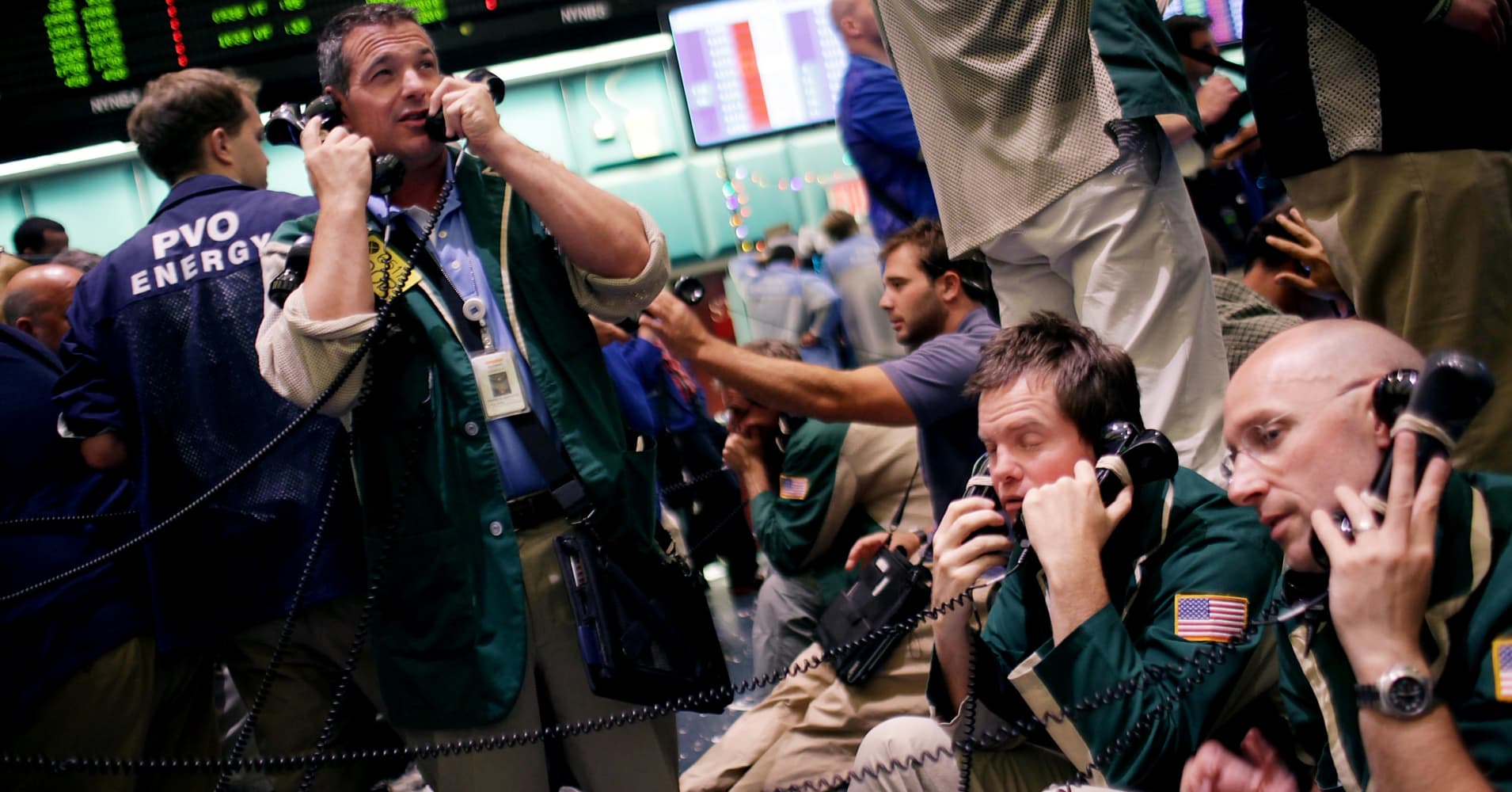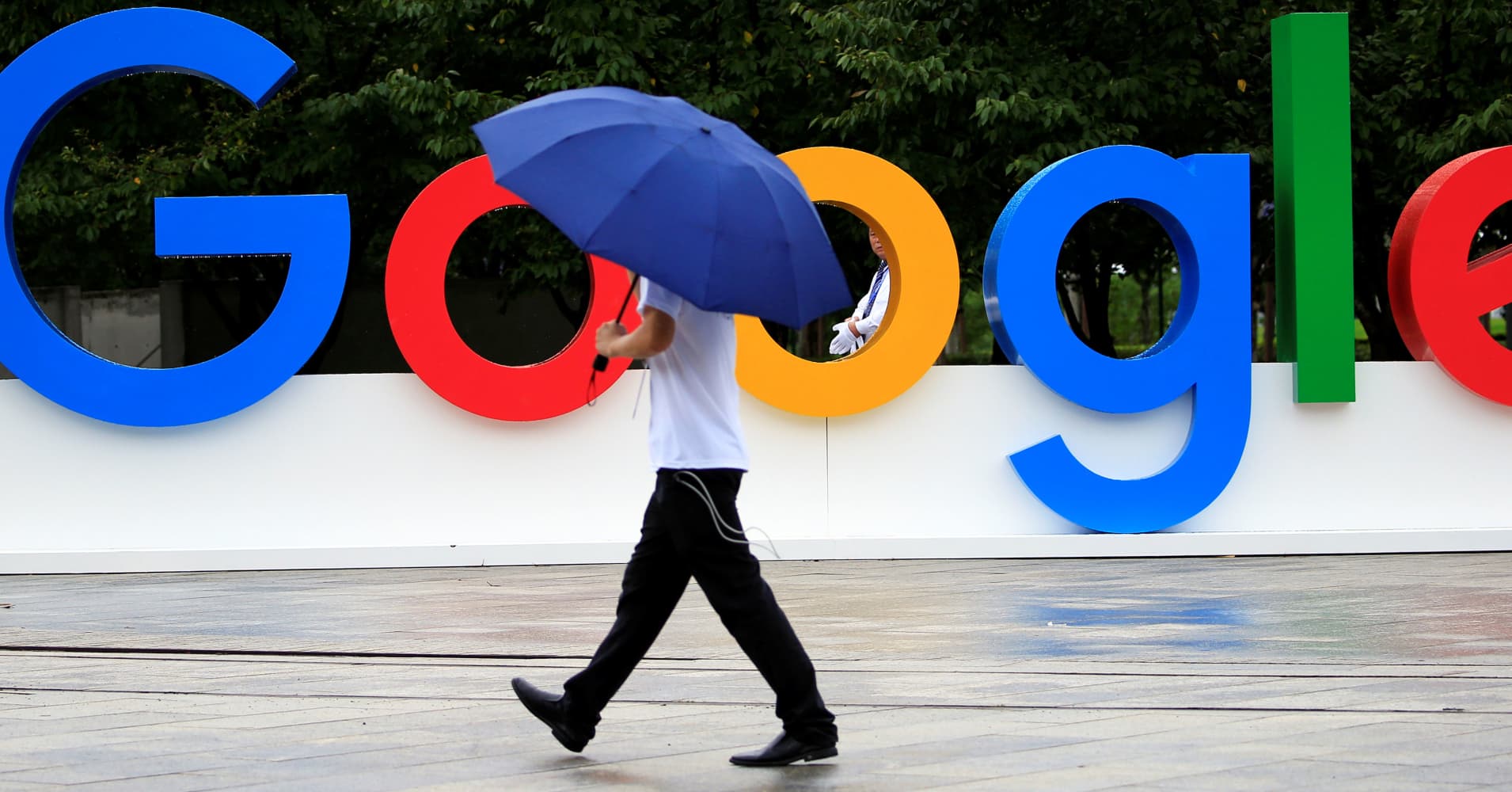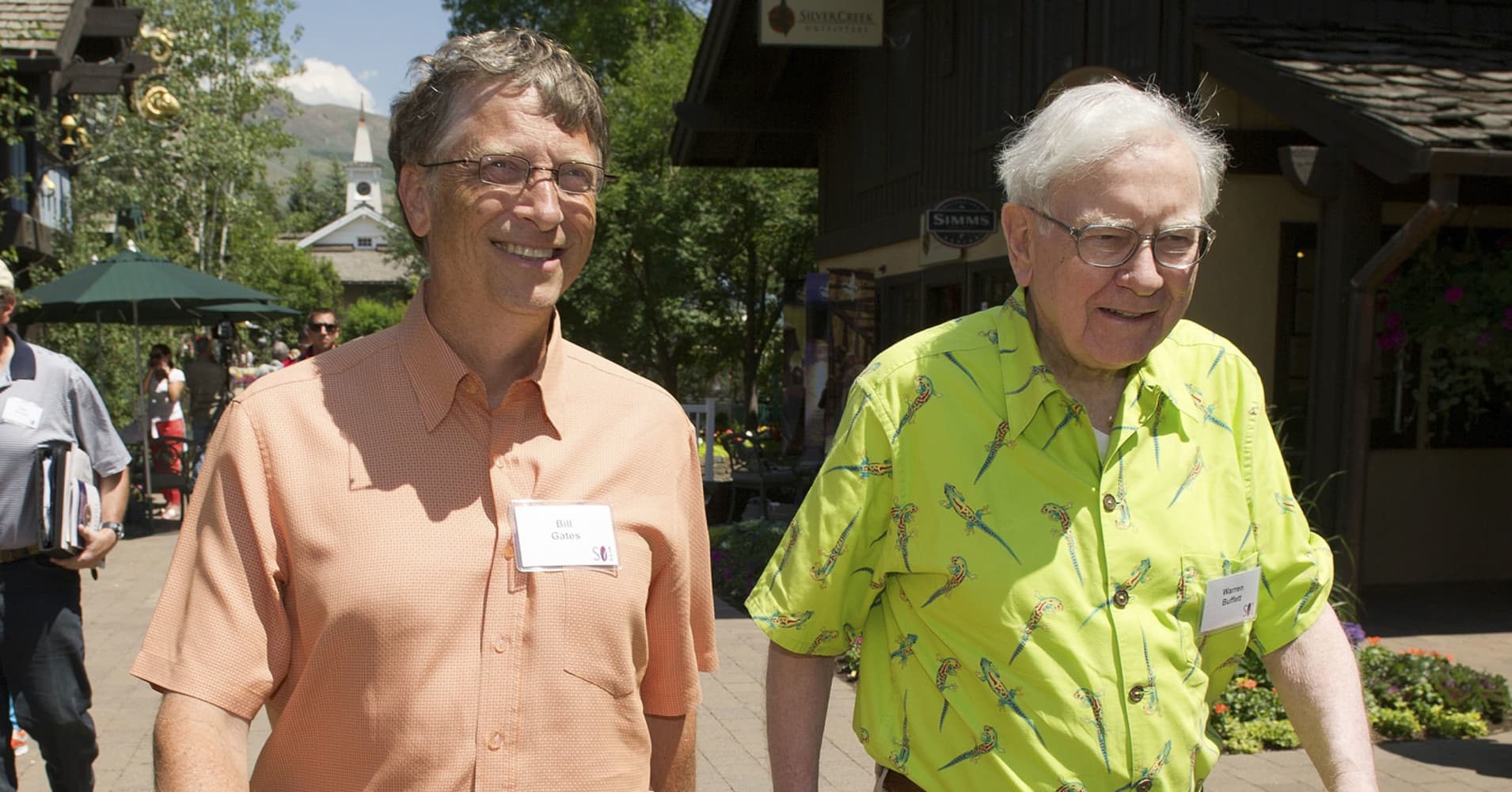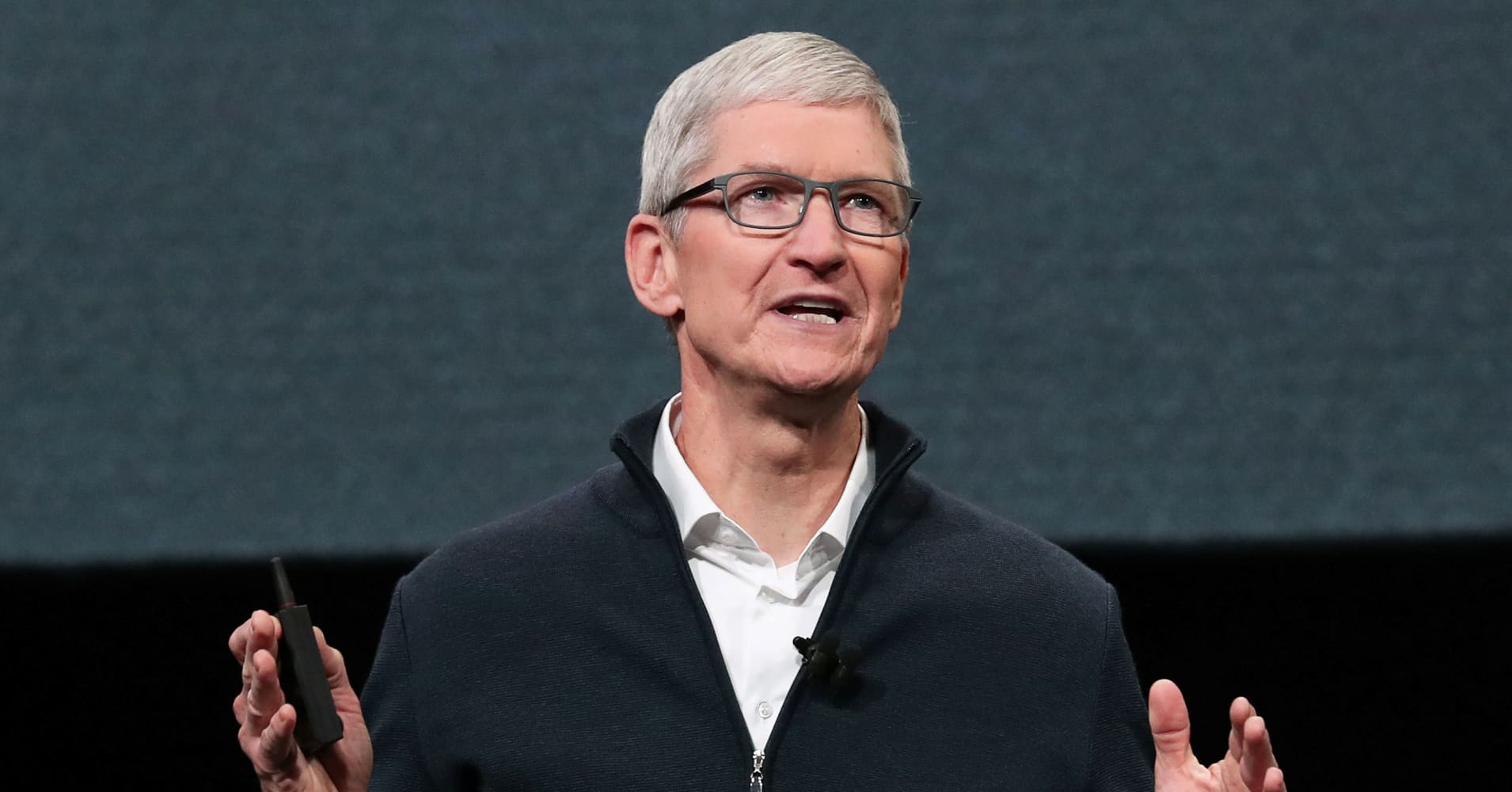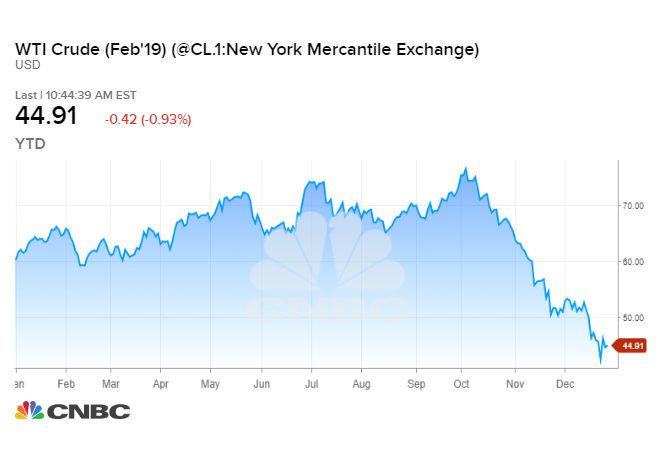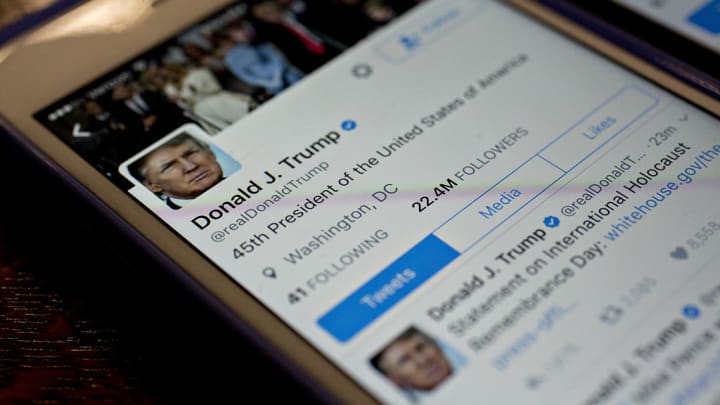Worried about a down year in 2019? It's statistically unlikely.
2018 is ending on a downer, with the S&P 500 down six percent (down four percent when dividends are included) for its first real down year since 2008 (the S&P was down 0.7 percent in 2015 on a price basis, but on a total return basis —including dividends — was up 1.4 percent).
Could 2019 see a second down year in a row? It's certainly possible — a 10-year win streak would argue for some kind of mean reversion — but even so, consecutive down years in the S&P 500 are remarkably rare.
The last time the S&P was down two or more consecutive years on a total return basis (including dividends) was way back in 2000 to 2003, when it was down three consecutive years, according to data from the Stern School at NYU.
But that is rare: there have only been four instances since 1929 when the S&P declined two or more years in a row.
In the worst case, the S&P was down four consecutive years, from 1929 to 1932.
The S&P was down three consecutive years twice: 1939 to 1941, and 2000 to 2002.
It was down two consecutive years only once: 1973 and 1974.
Think about that: for all the worry about down markets, the S&P has dropped two consecutive years or more only four times since 1929. That's pretty remarkable.
All other down years were one-offs (there were 12 of them), and the market was higher in the next year.
There's something else to note about the consecutive down years: they follow big economic events, wars or big geopolitical conflicts.
The Great Depression: 1929 to 1932 declines.
Wars: World War II (1939-1941), Afghanistan/Iraq post 9-11 (2000-2002)
Geopolitical Events: Israel/Saudi oil embargo (1973-74).
"If one wants to be bearish on 2019, geopolitical issues are the only historically accurate argument," Nicholas Colas from DataTrek tells me.
Unfortunately, there are no shortage of those for 2019. Traders are grappling with: 1) Central banks removing the stimulus of low rates, 2) a tariff war that has not been resolved, and 3) the prospect of China slowing down, with or without tariffs.
And while "political risk" is not a risk we have seen so far as a factor in consecutive down years, it could possibly mix with those other concerns to produce a toxic stew for earnings.
It's the presence of these risks that should make students of market history hesitant to confidently declare 2019 will not be a down year.
Let's block ads! (Why?)
from Top News & Analysis https://cnb.cx/2Tf9rM6
via
IFTTT

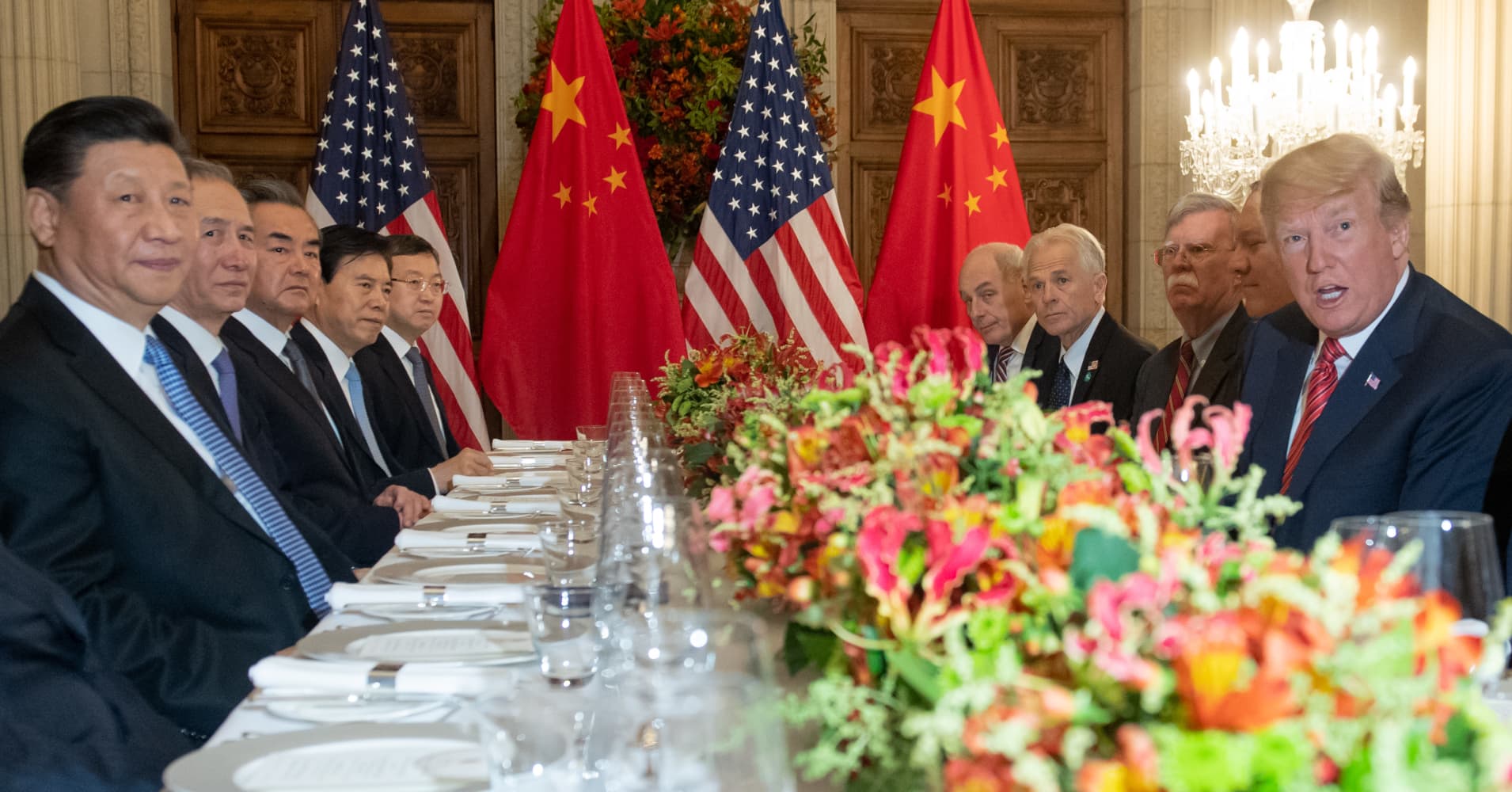





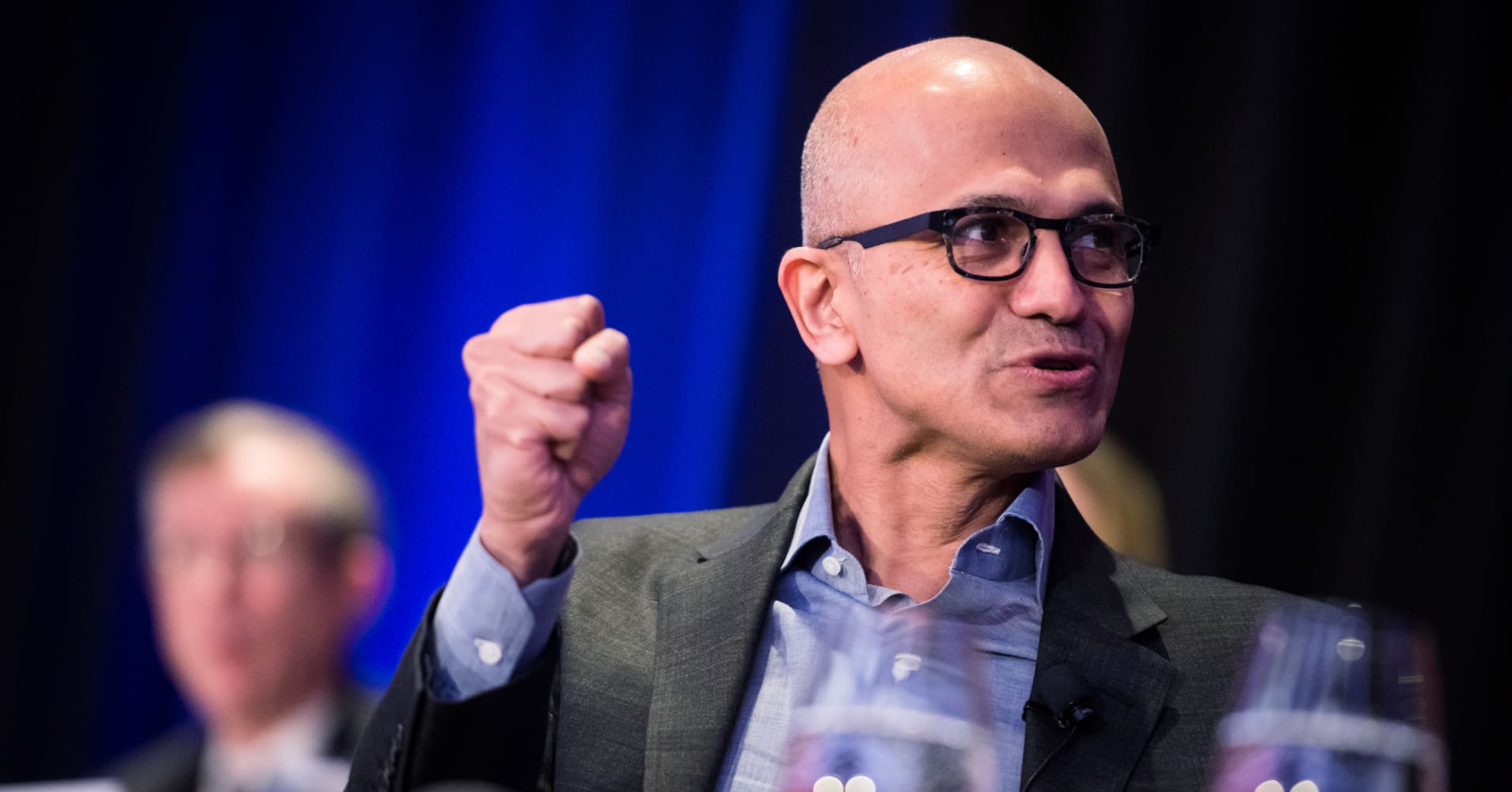
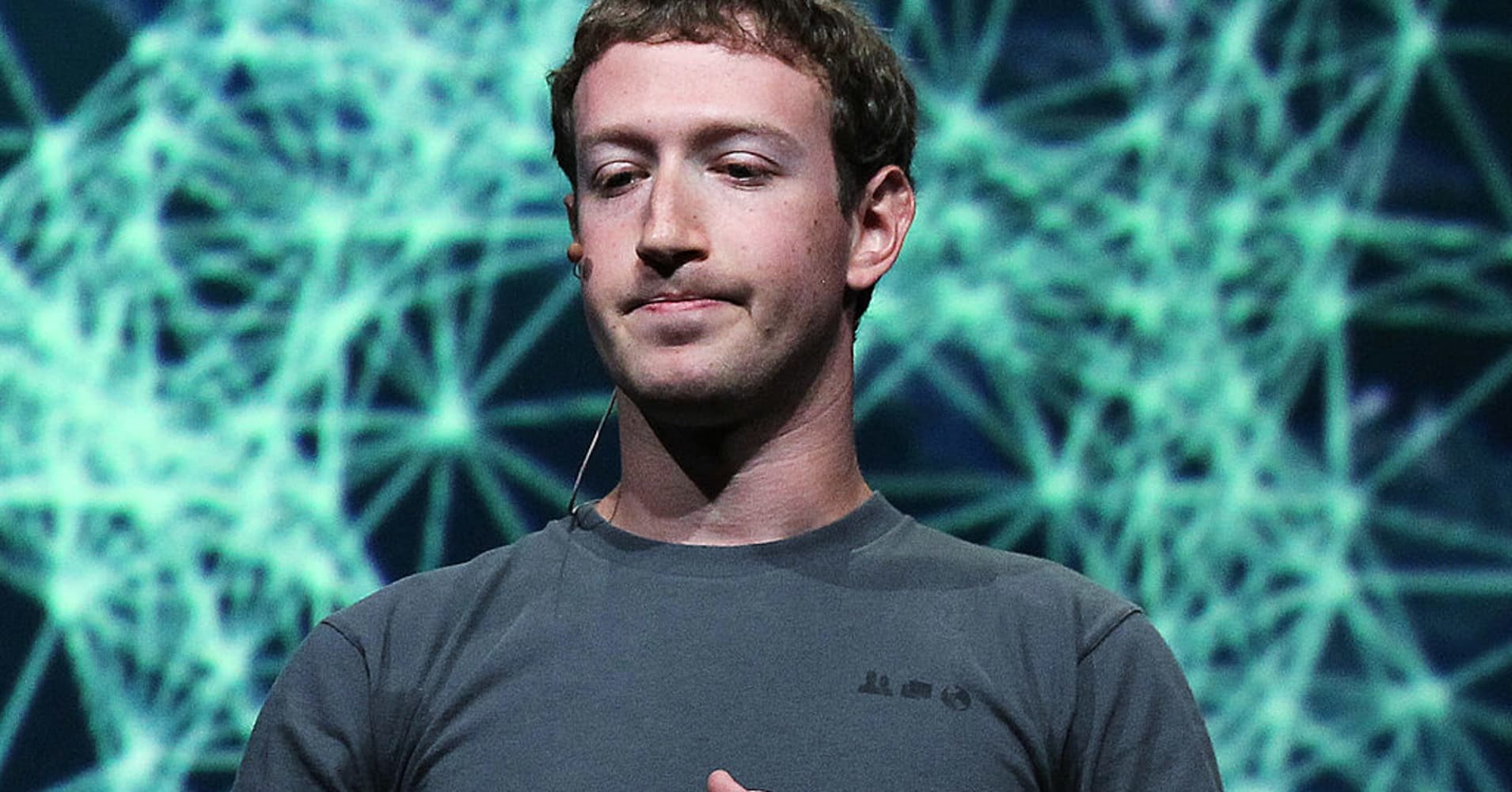

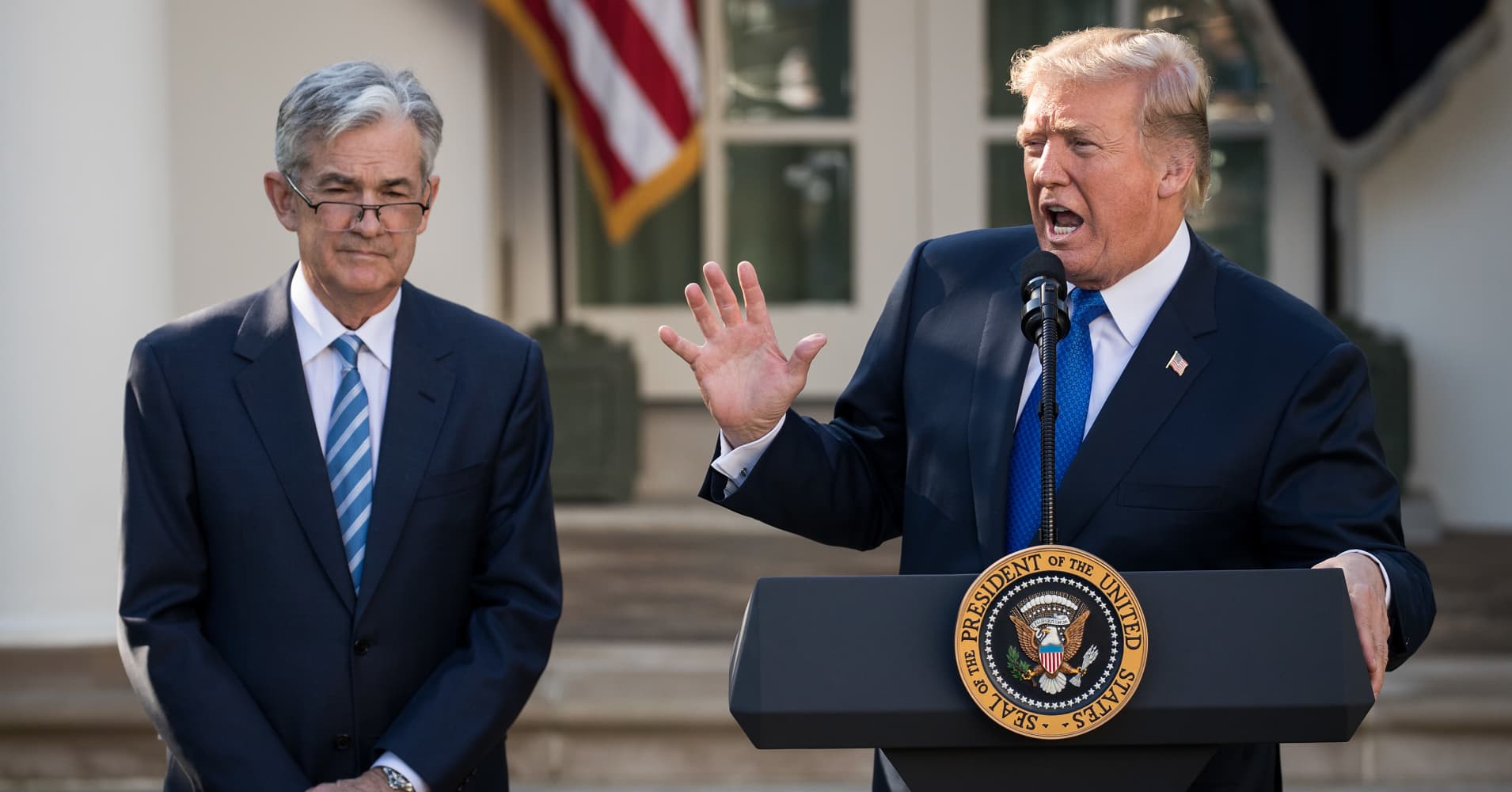
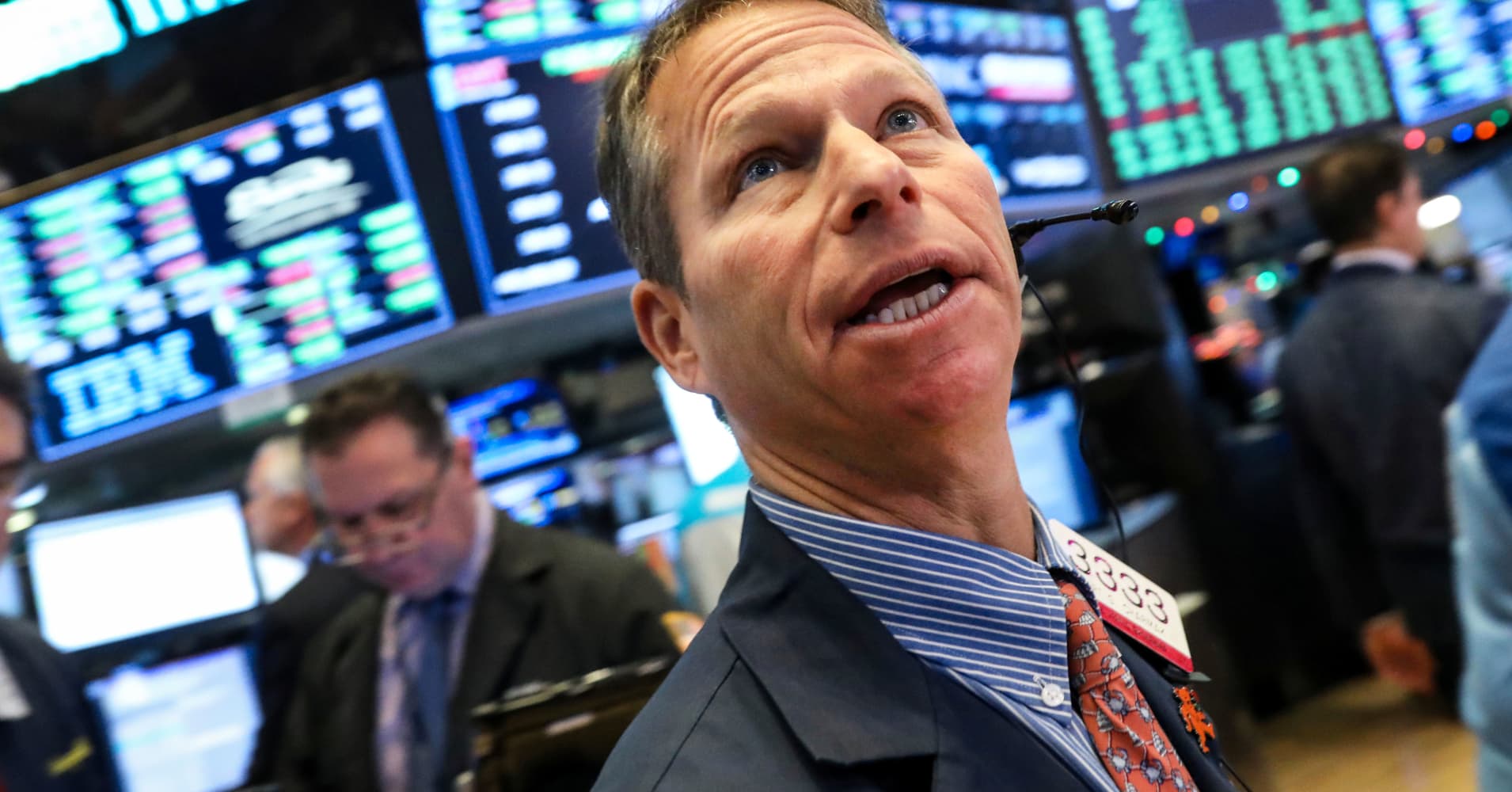
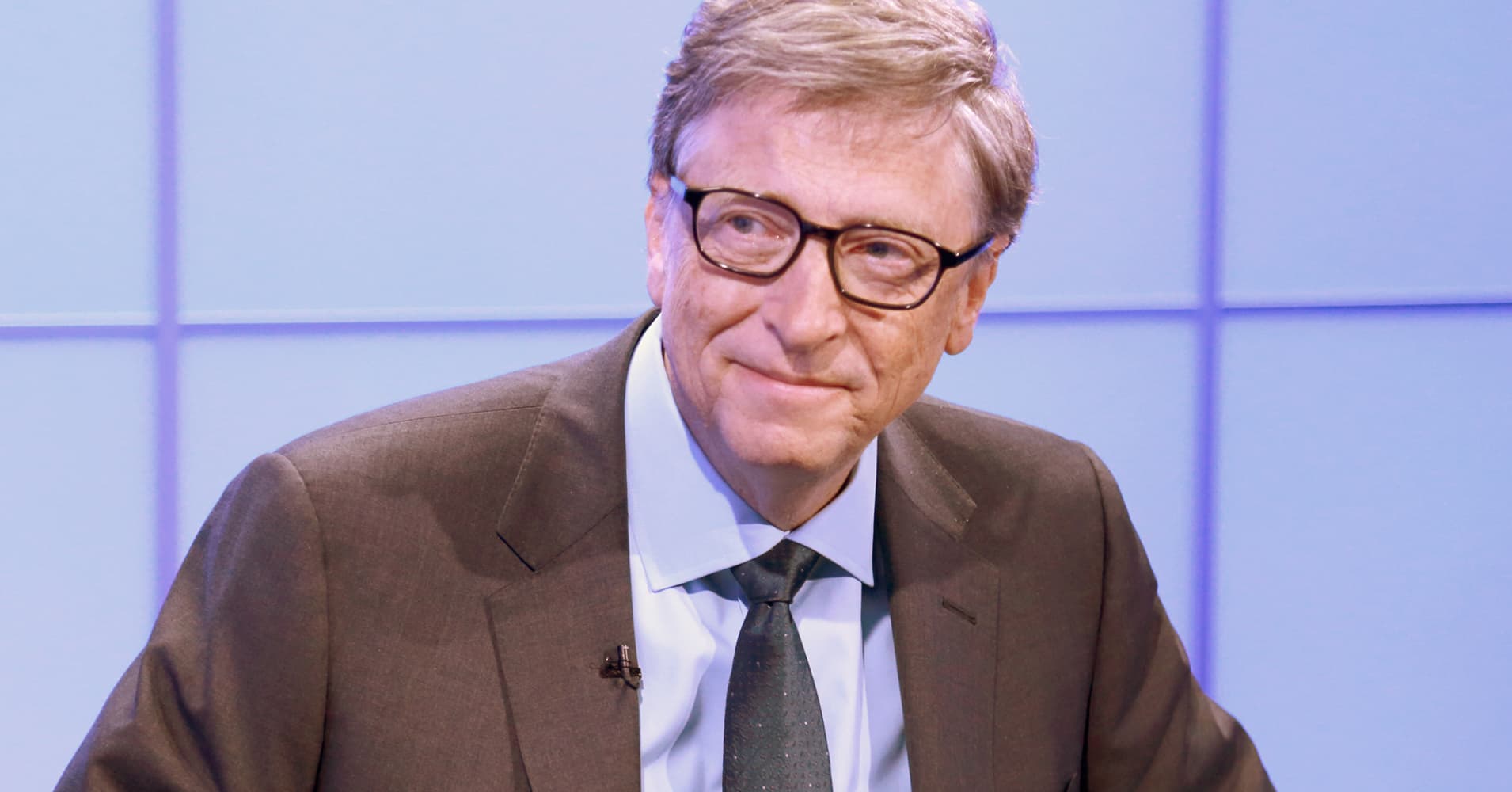
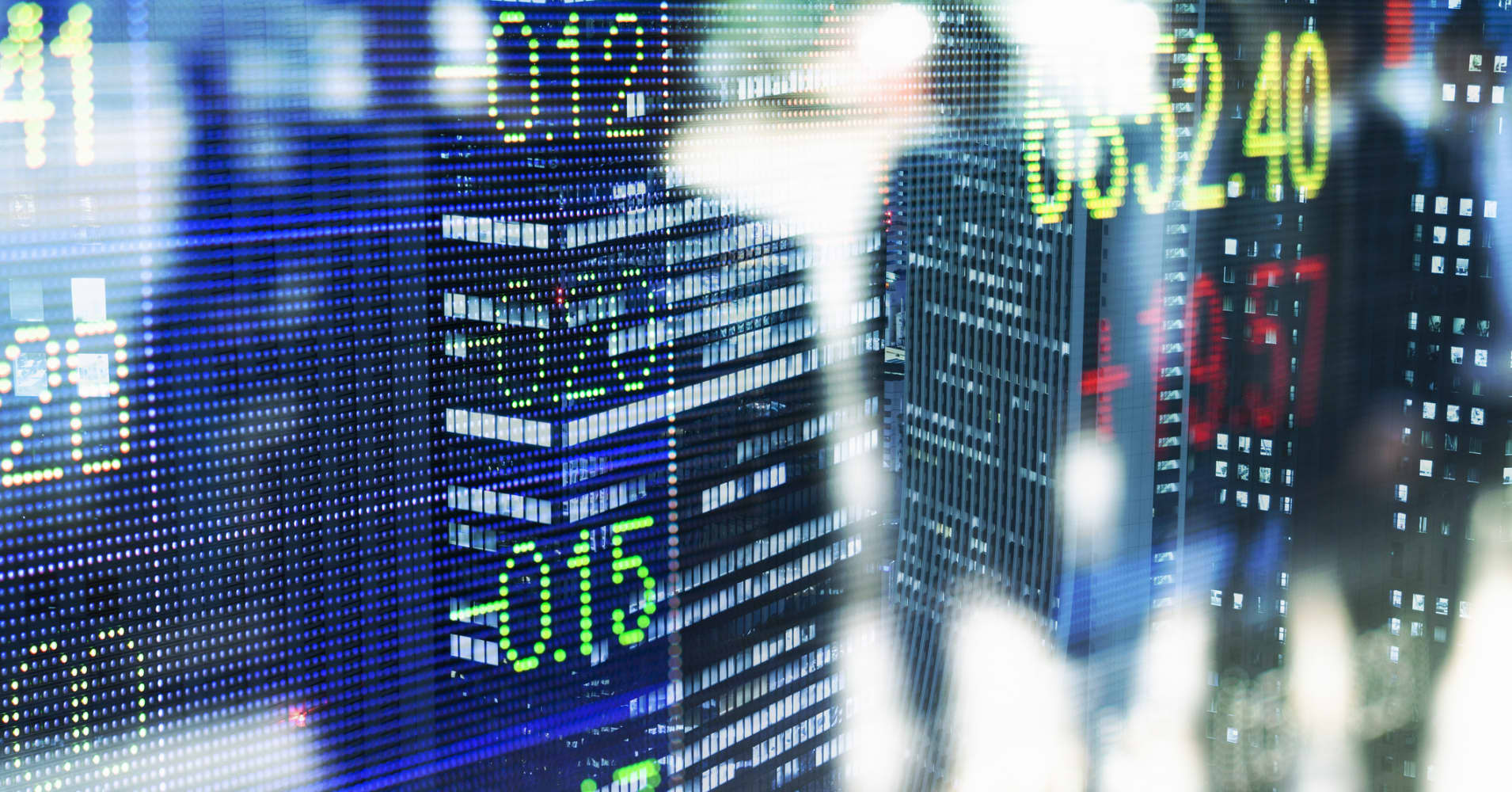
.1546276469185.jpeg)

